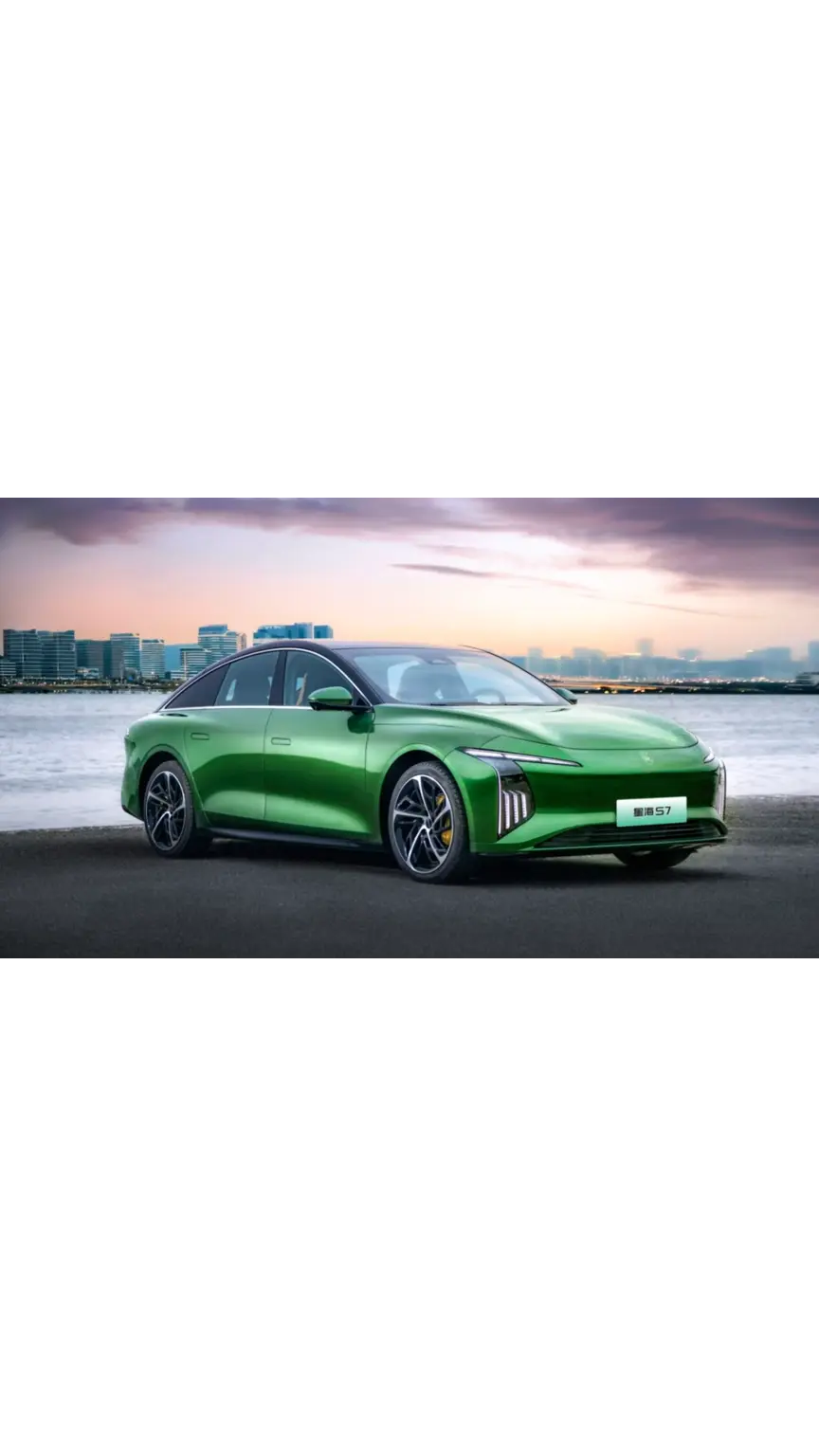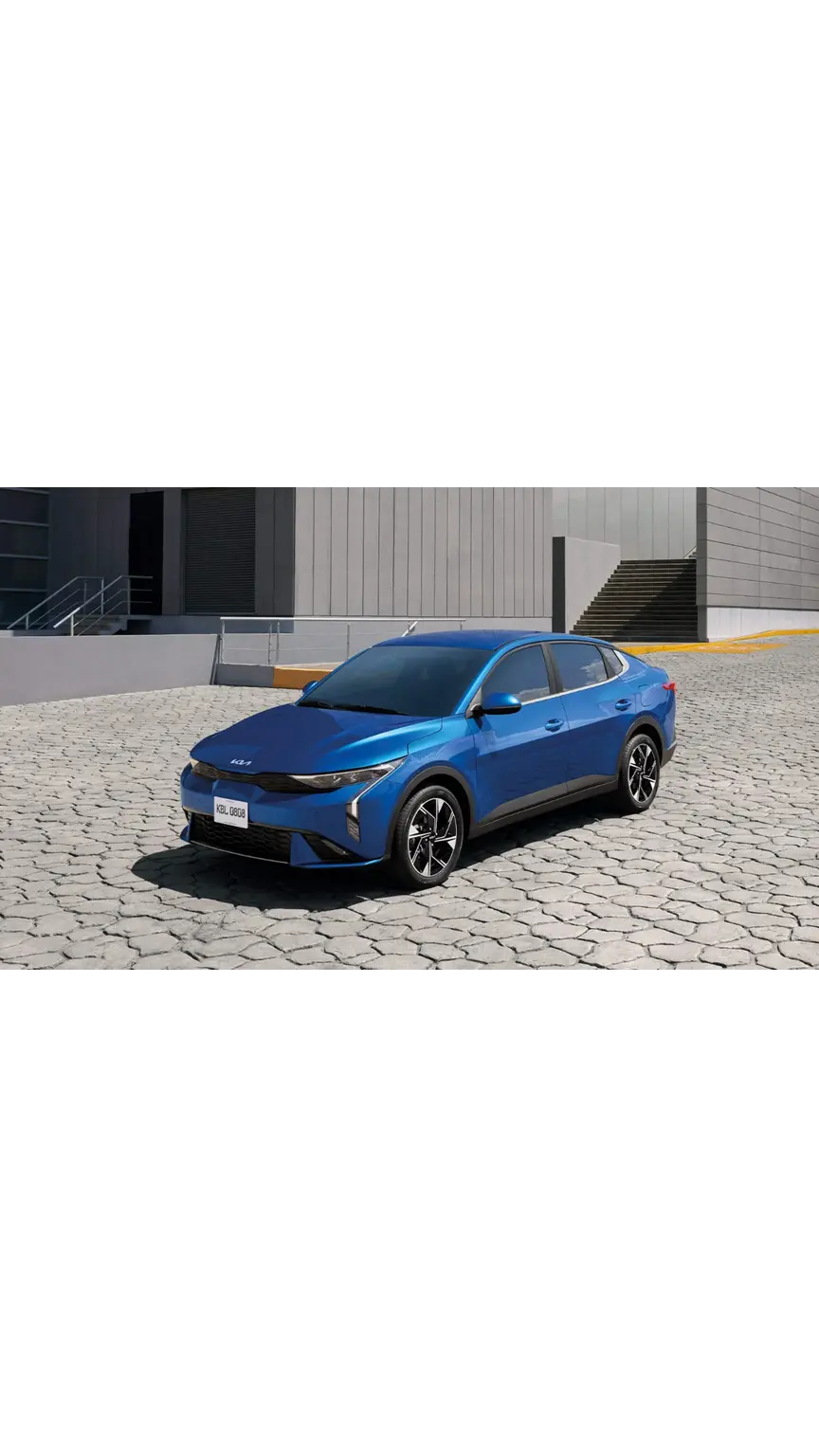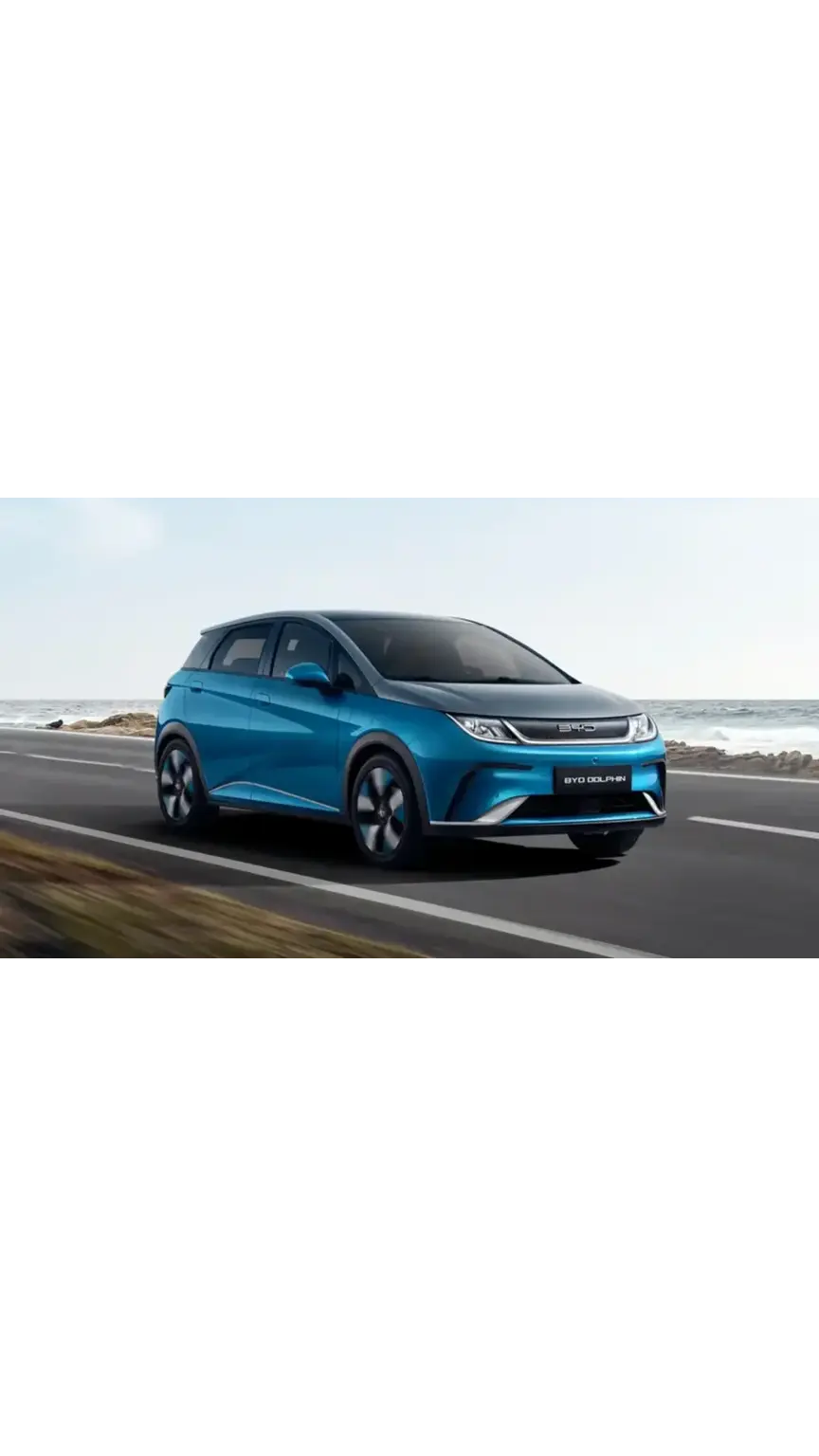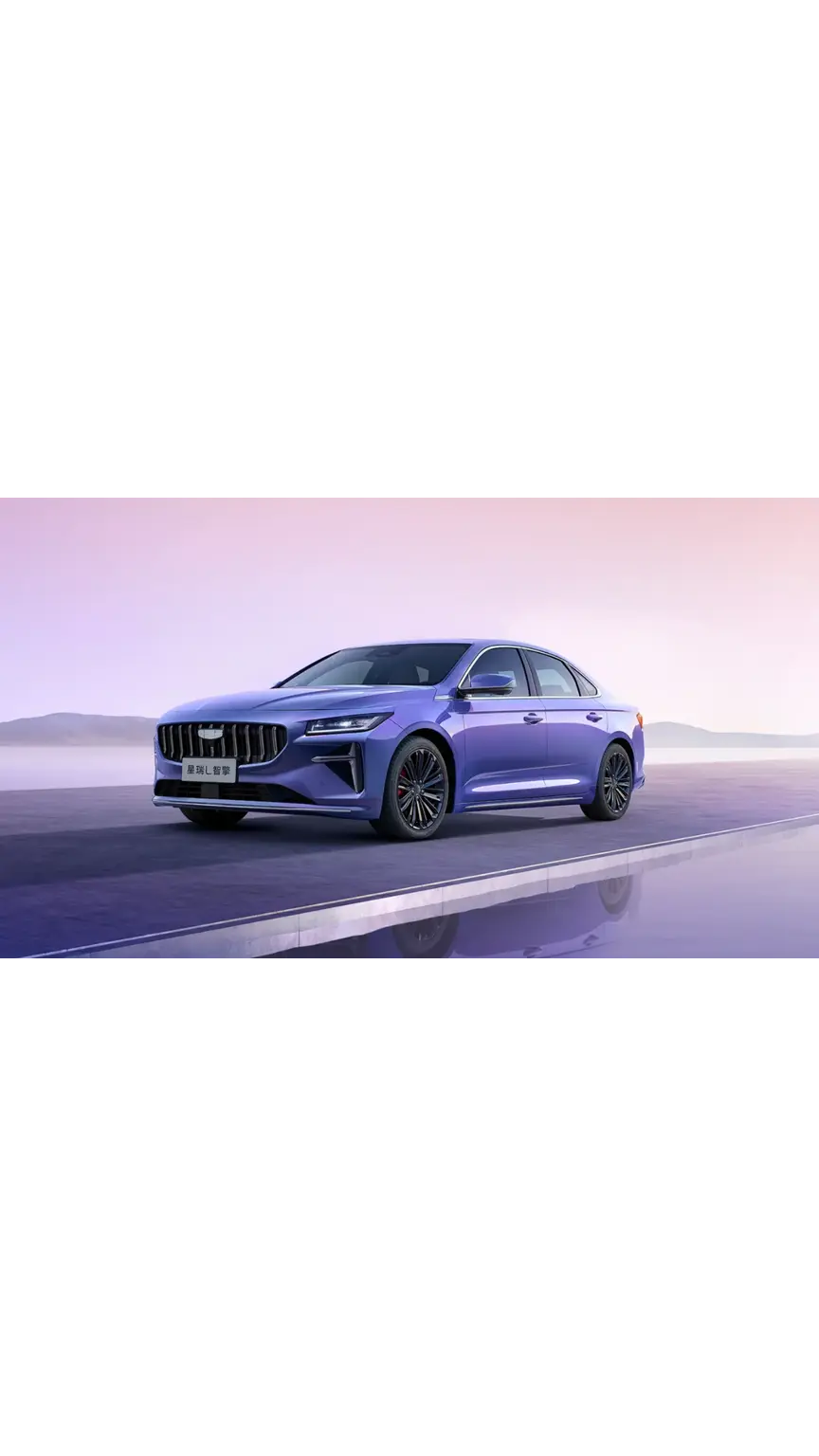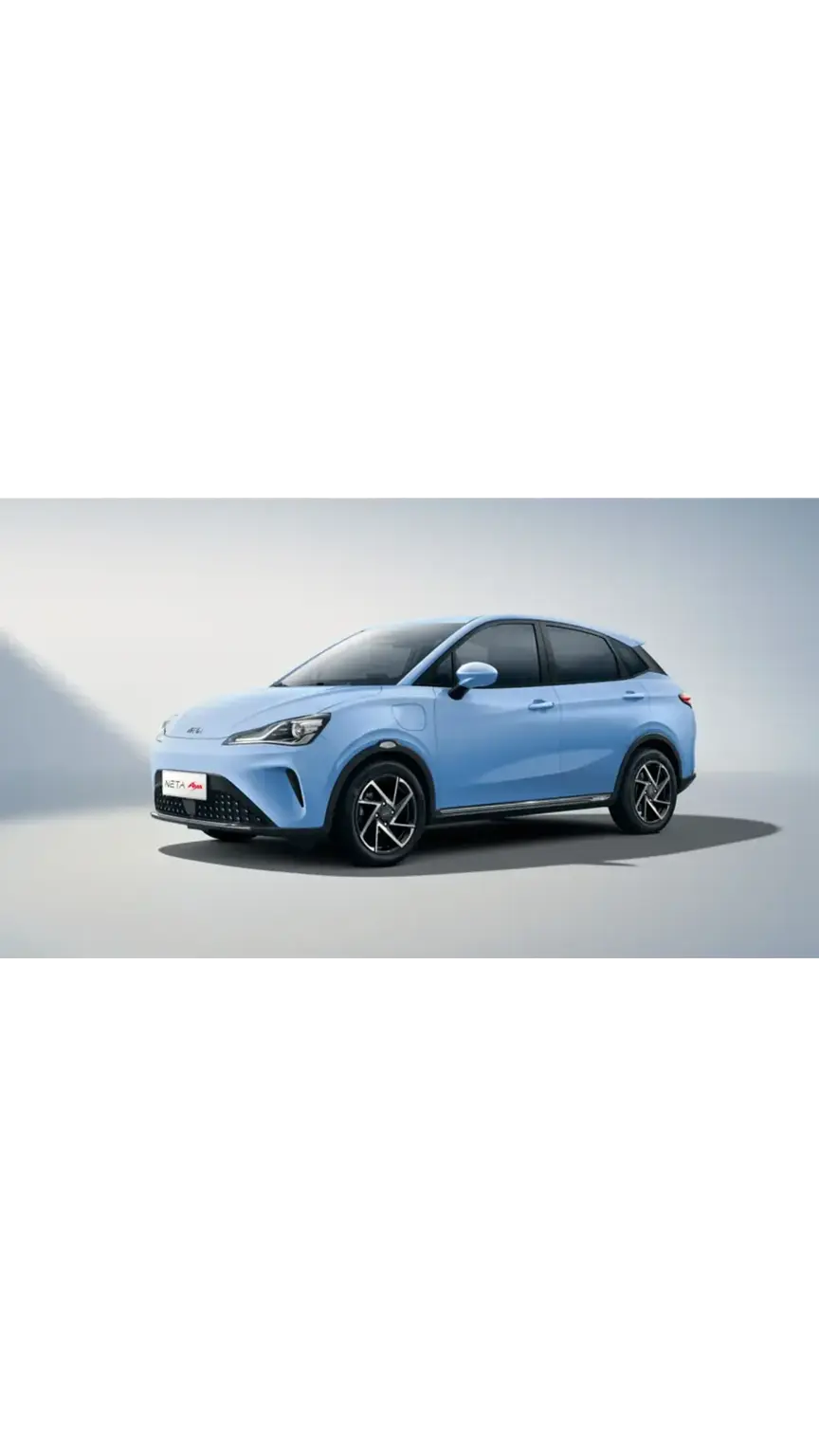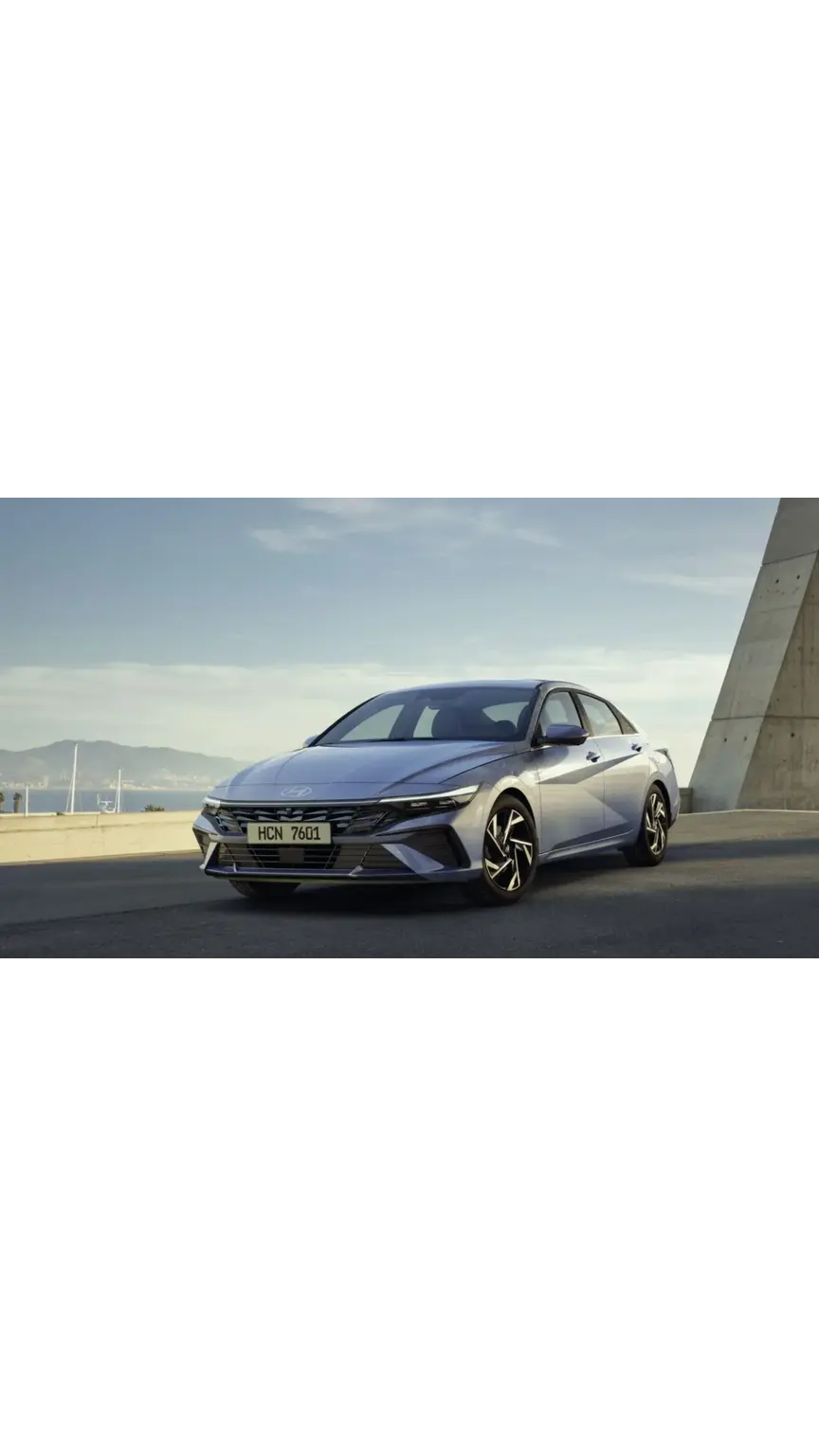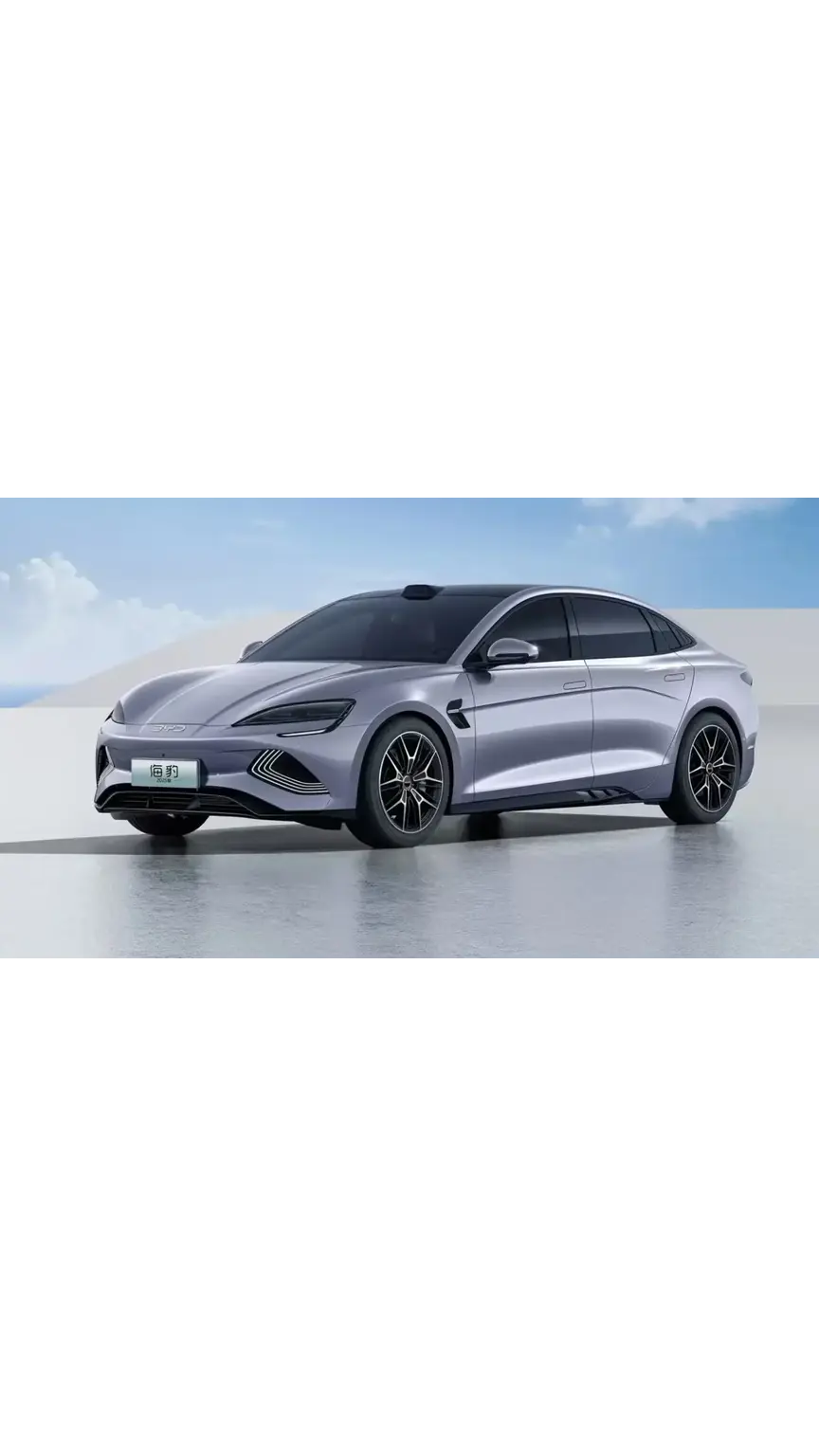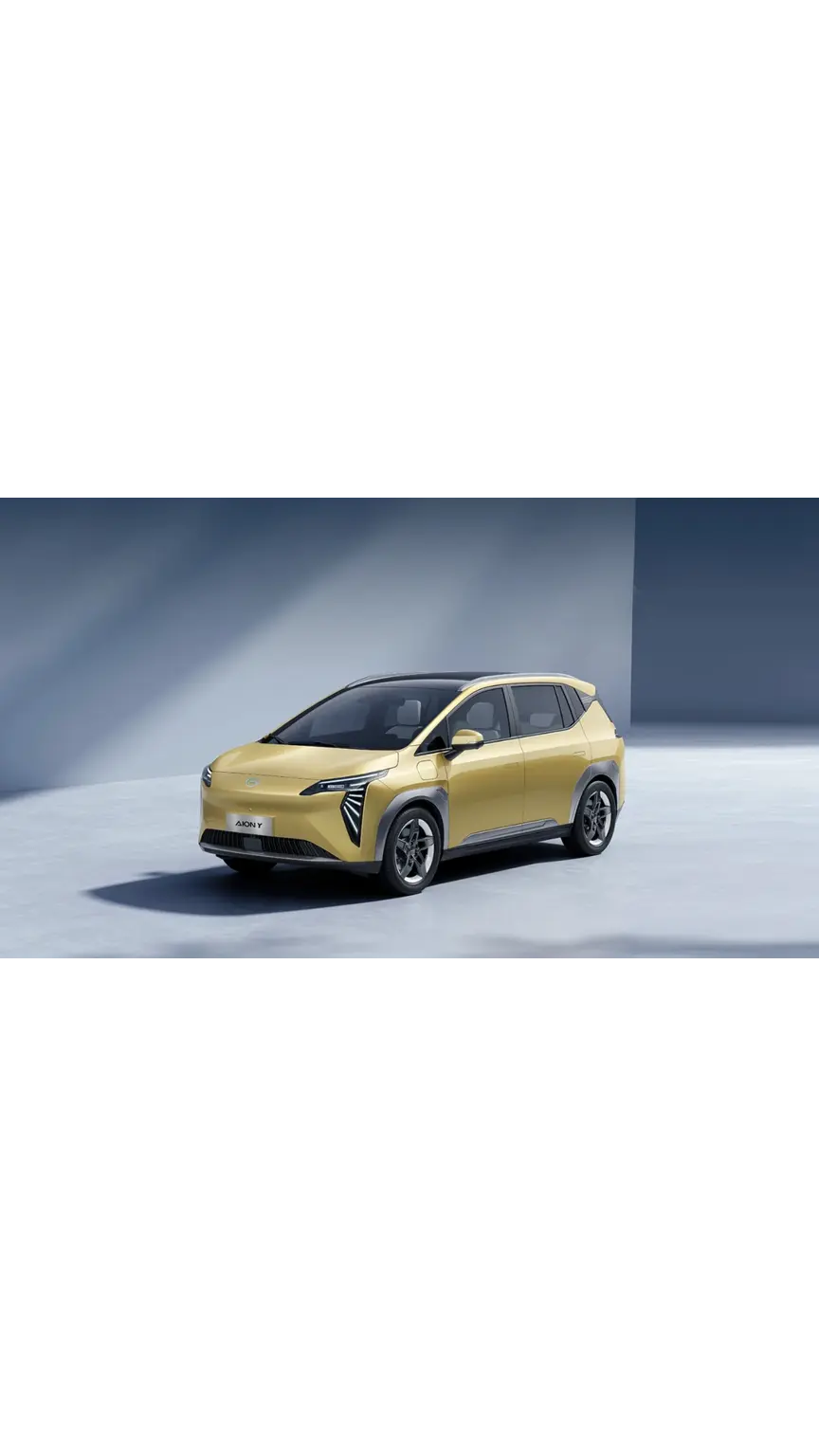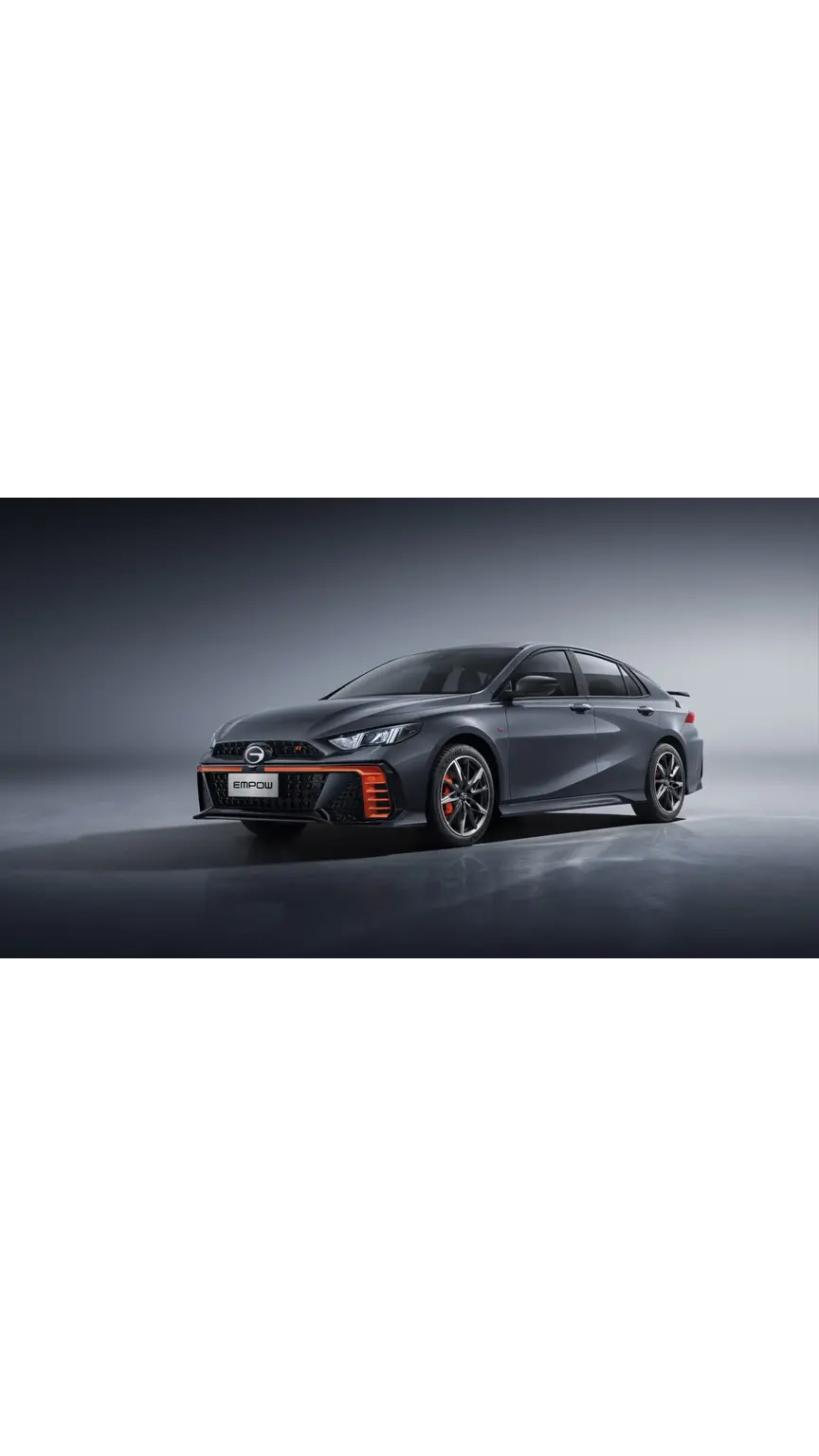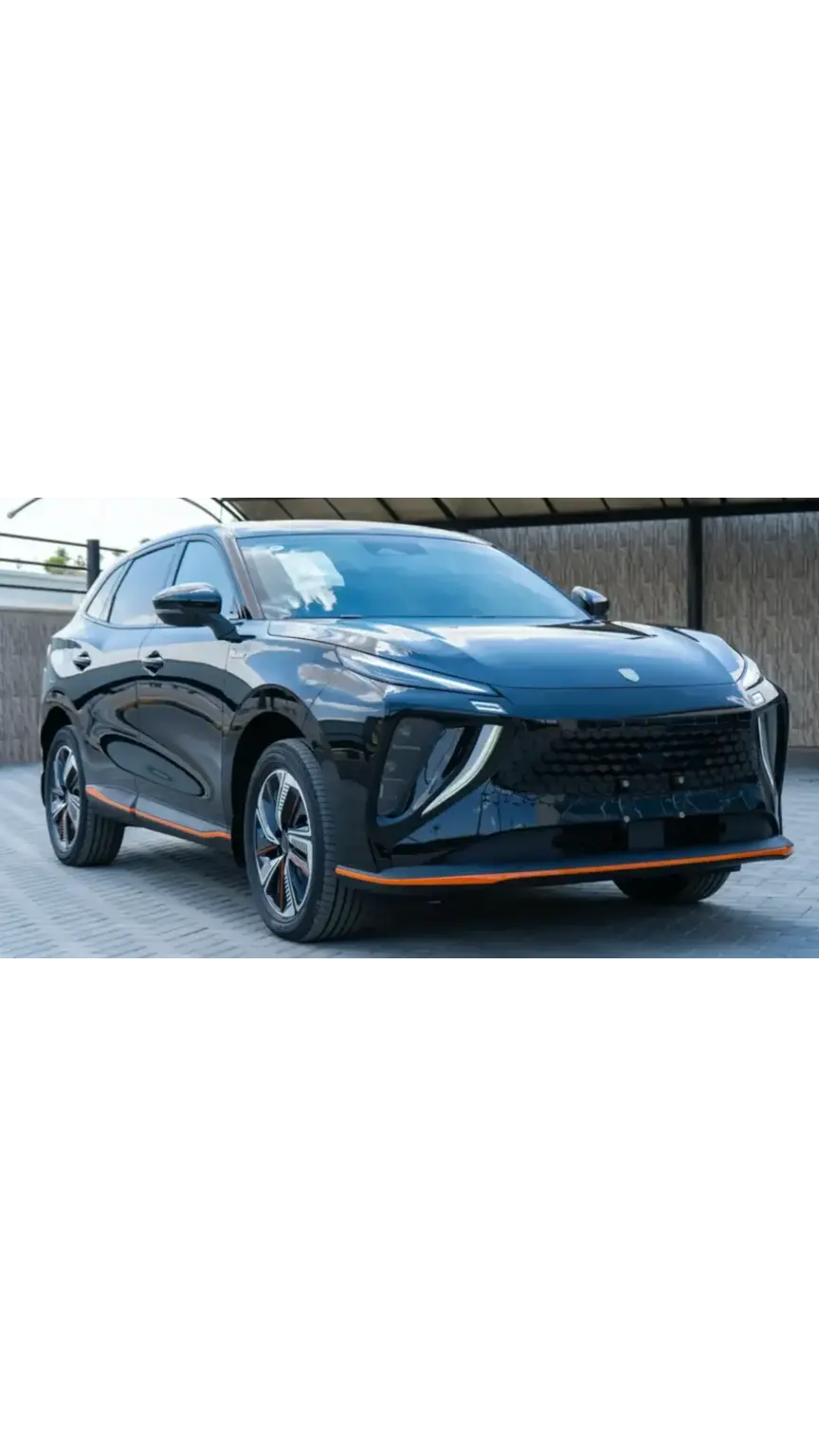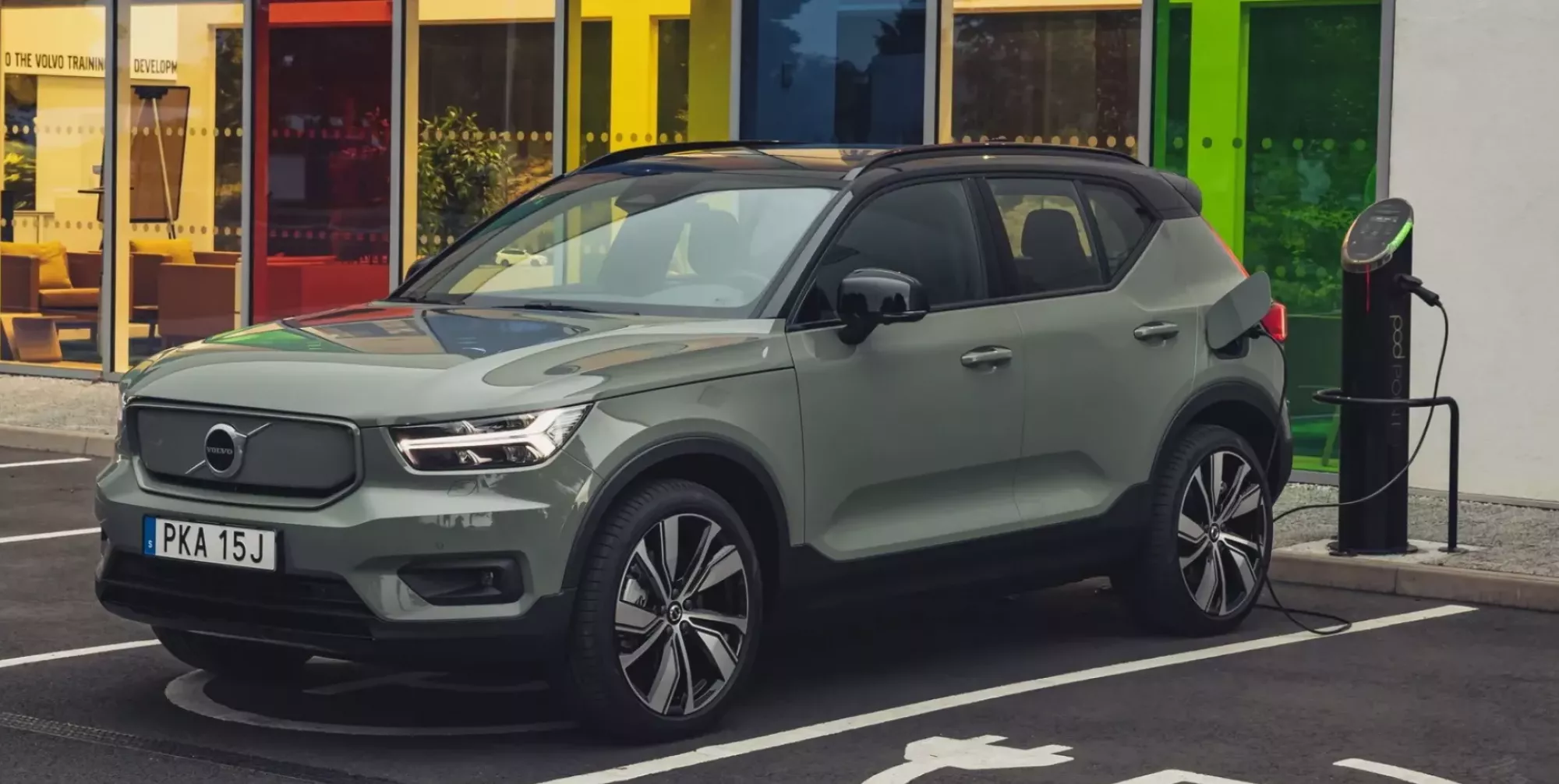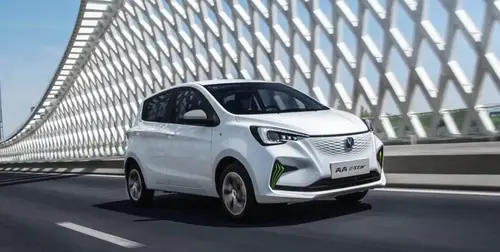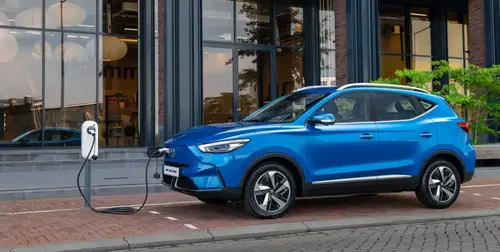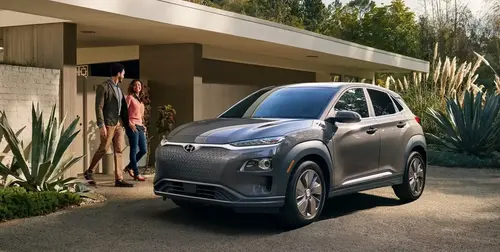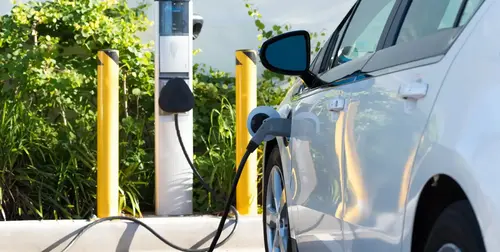A study done by the Swedish Luxury Automaker Volvo concluded that manufacturing electric vehicles generates 70% more emissions than gasoline-powered cars. It also suggested that producing an electric car requires more carbon than actually building a traditional vehicle. The findings took into account the metals used in building the EVs such as nickel, aluminum and iron as they are associated with mining the metals that are needed for electric-car batteries.
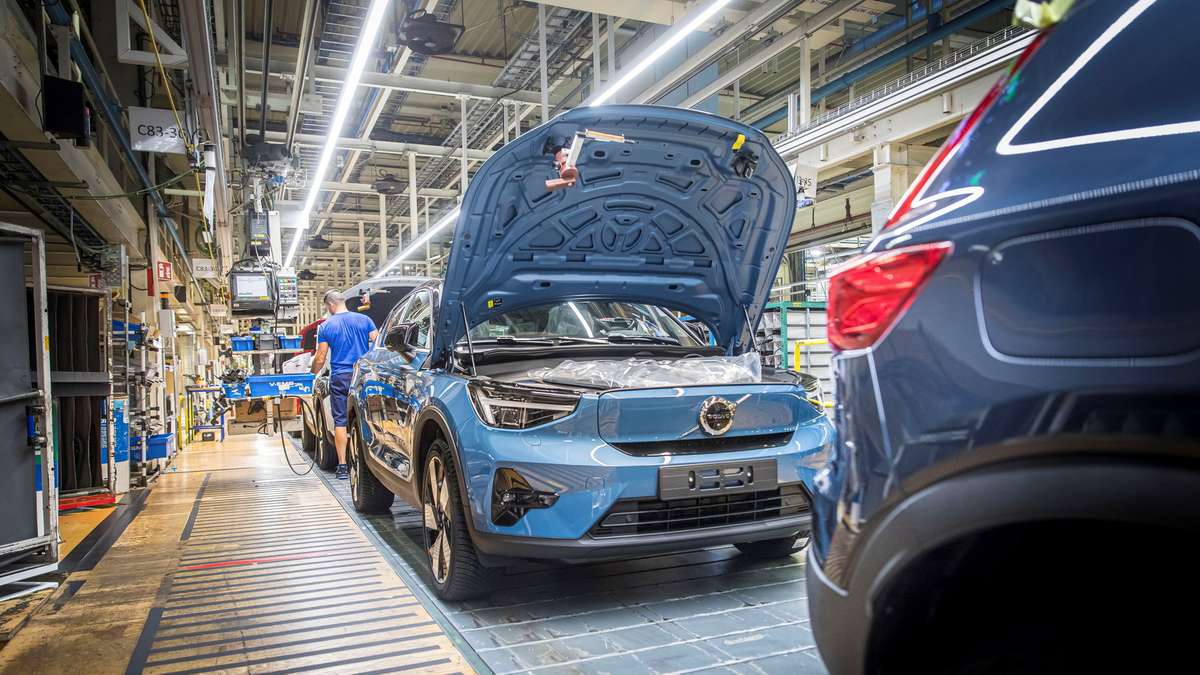
This came up after comparison was made between the carbon emission rate used in producing the electric C40 car and its ICE counterpart. As a result, the researchers claimed that manufacturing the electric SUV C40 has generated 70% more emissions than the internal combustion engine-powered C40 vehicle. The lifetime of both vehicles was also included in the study.
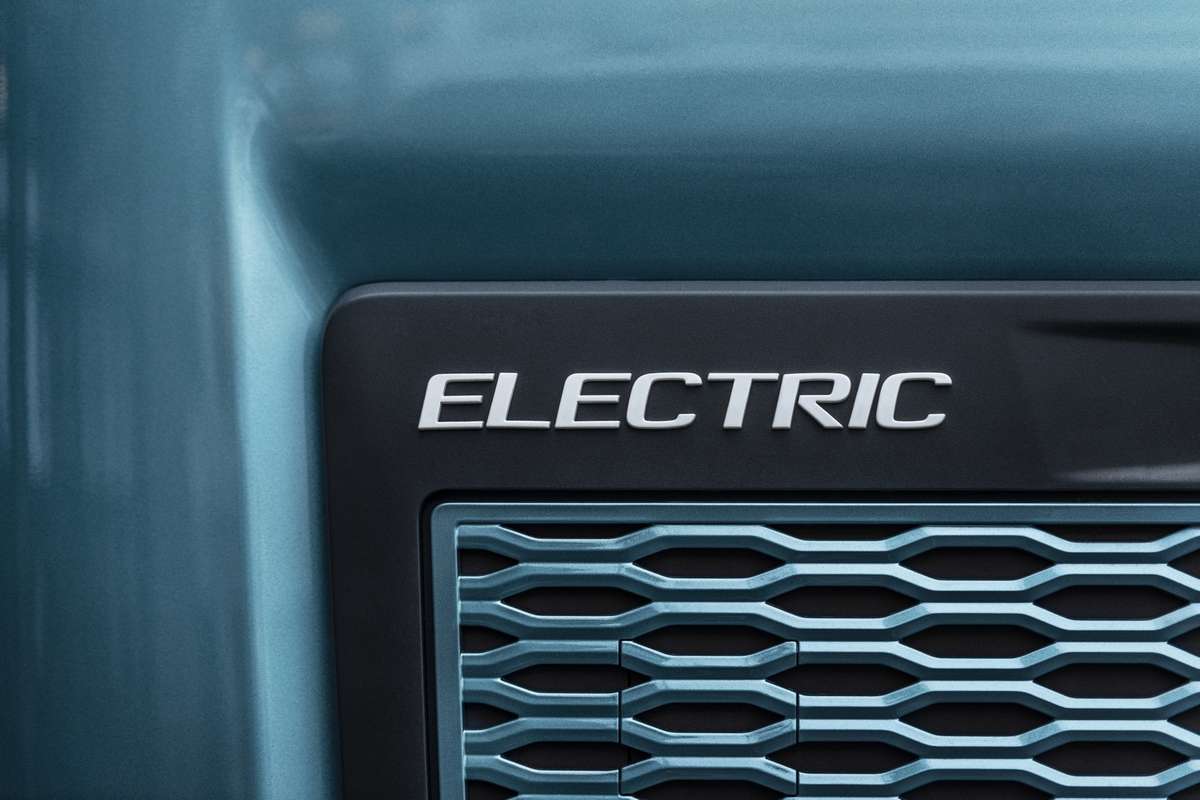
Volvo stated three different factors that were considered when conducting the study, which are:
- The world's electricity consumption
- The projected balance of both renewable and regular energy
- Full-on renewable energy
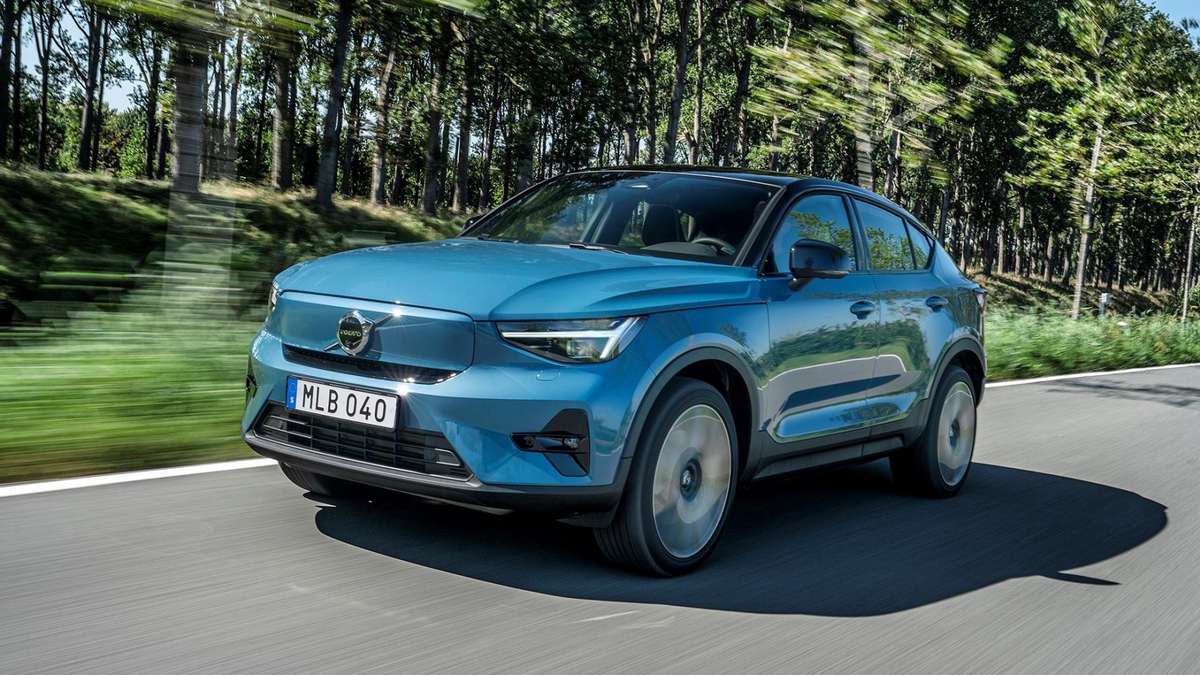
As a result of conducting this research, Volvo says that electric vehicles might not be the best option for creating an environment with a lower carbon footprint despite the fact that they are based on the same platform and share many parts with the traditional vehicles. However, over time they may become better for the environment and serve as a greener alternative to gas vehicles.
For more news about cars & other brands check out Motory website.







